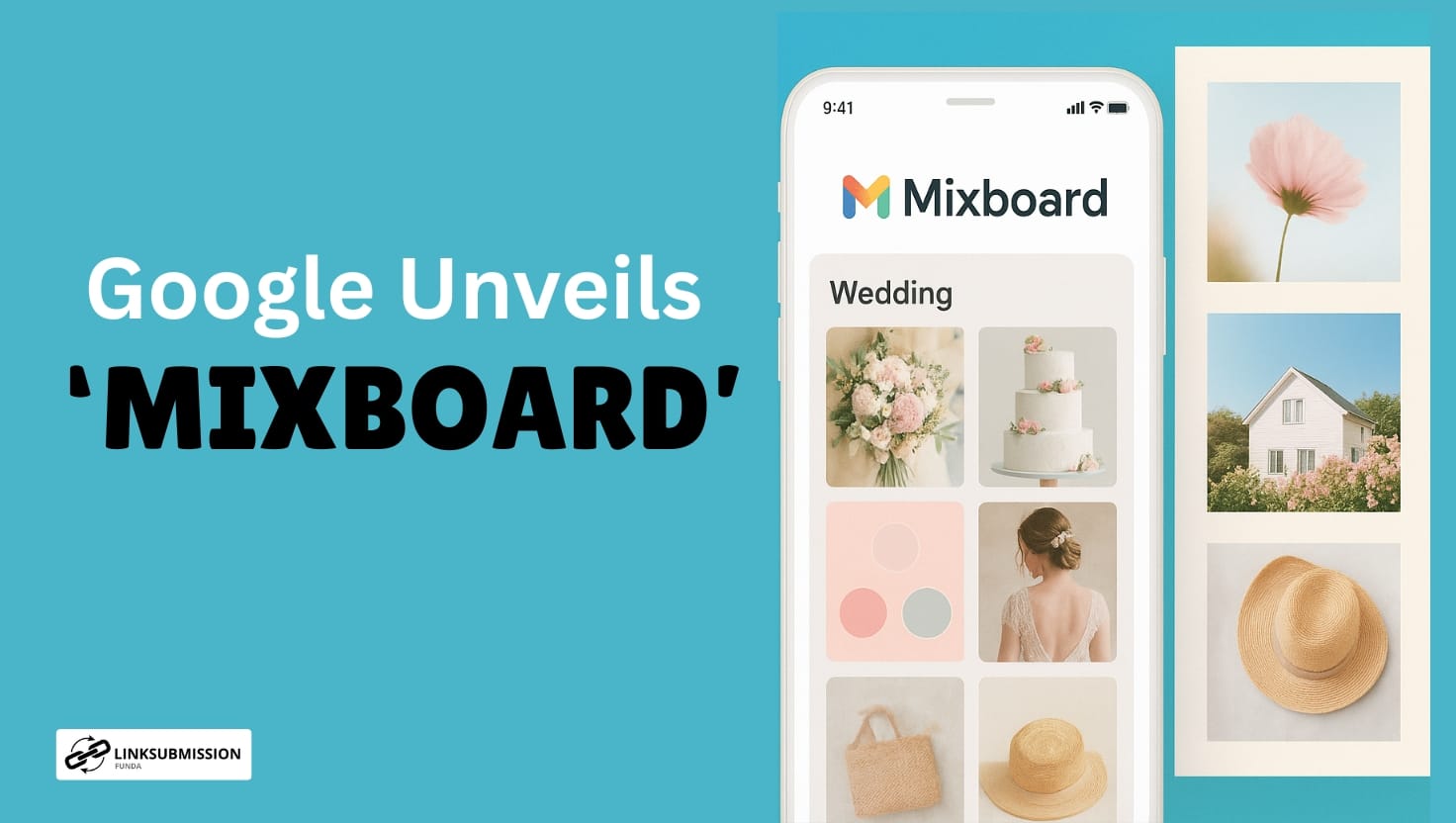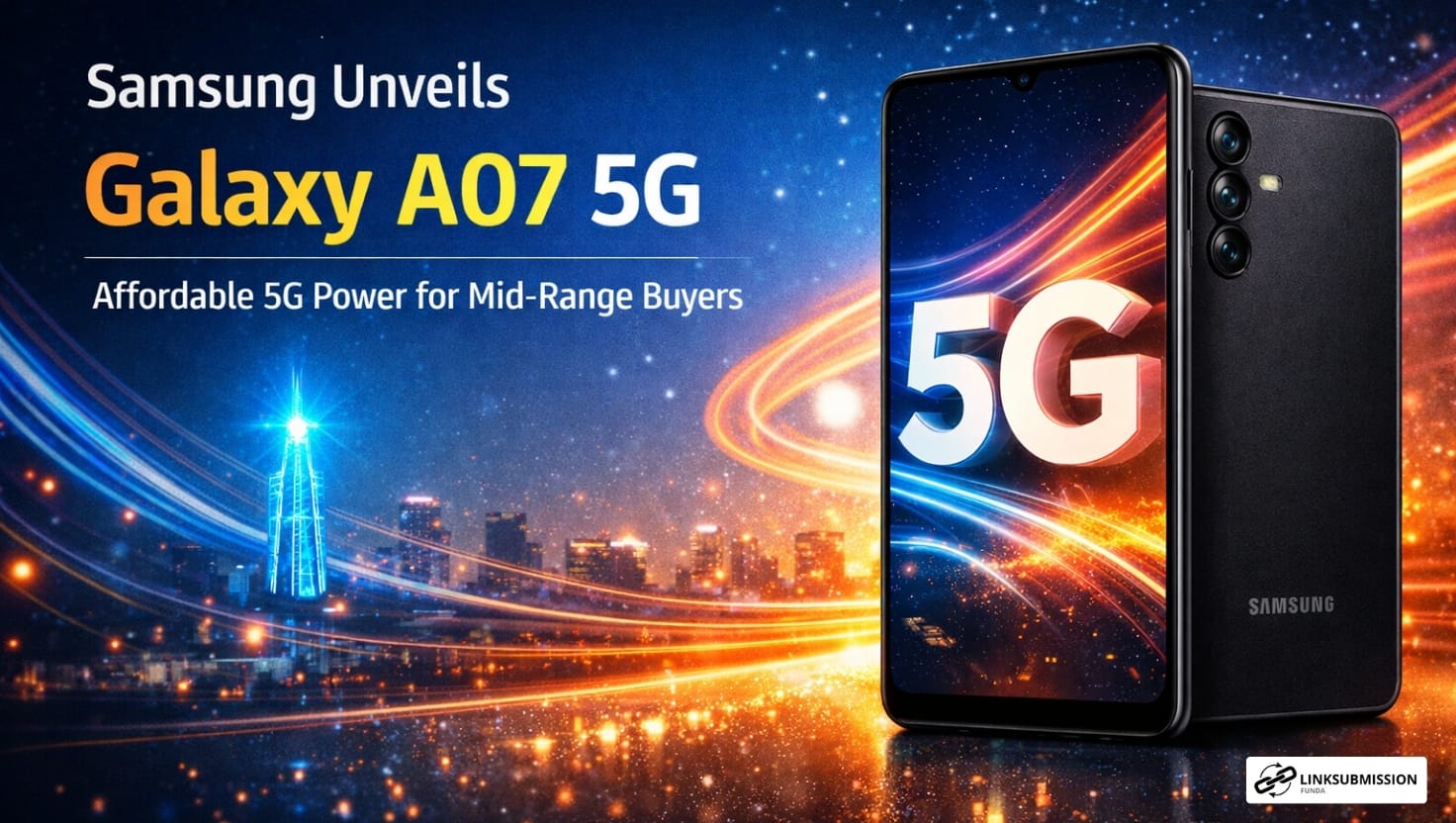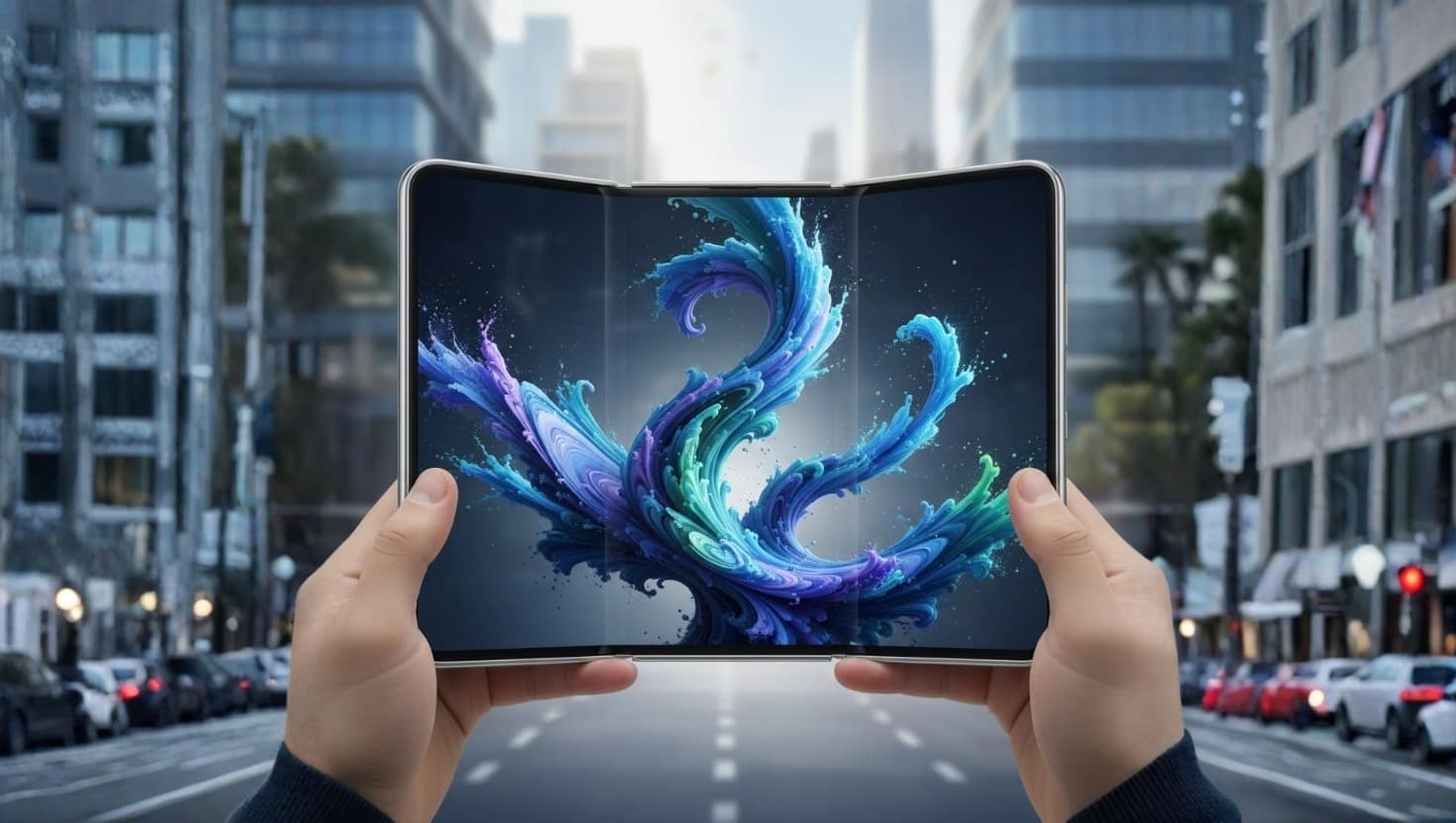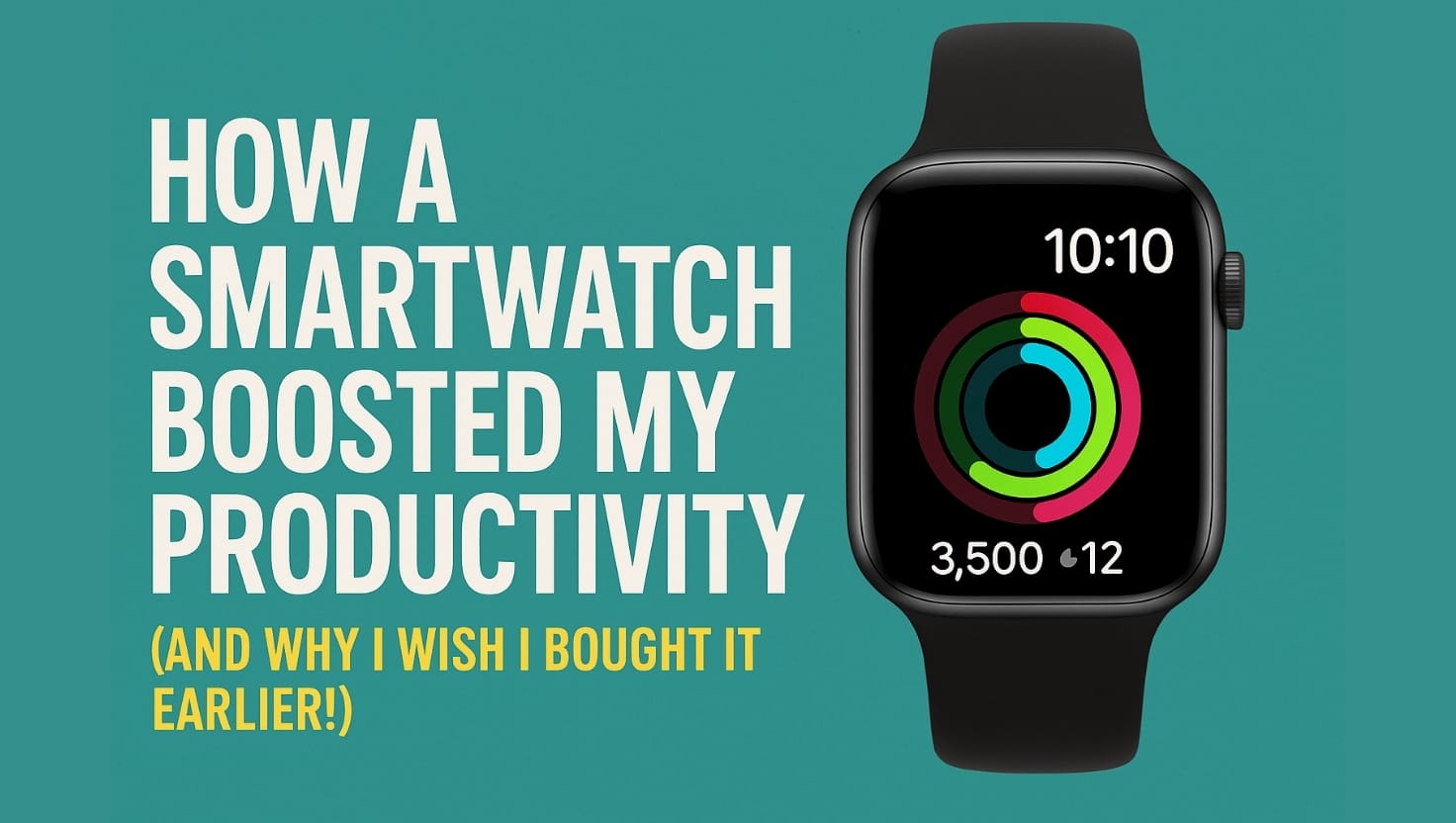In the fast-paced world of digital creativity and inspiration sharing, Google has once again stepped into the spotlight with the launch of ‘Mixboard’, a brand-new AI-driven mood board application designed to challenge Pinterest’s dominance. With its innovative blend of artificial intelligence and personalized design tools, Mixboard aims to revolutionize the way users discover, curate, and share visual inspiration.
A Fresh Competitor in the Visual Discovery Space
For years, Pinterest has reigned as the go-to platform for users looking to collect ideas ranging from fashion and food to travel and home décor. However, Google’s Mixboard is setting itself apart with AI-backed personalization that promises to make content curation not only easier but also more engaging.
Unlike traditional mood board platforms, which largely rely on manual search and pinning, Mixboard harnesses machine learning algorithms to anticipate user preferences and suggest relevant images, designs, and themes. This personalized approach gives the app an edge, ensuring that users spend less time searching and more time creating.
AI at the Core of Mixboard
The biggest differentiator for Mixboard lies in its AI-powered content recommendation engine. When users start building a board, the app learns from their choices in real time—colors, themes, styles, and even emotional tones. Based on this data, Mixboard suggests additional visuals that align with the evolving design, creating a seamless inspiration flow.
For example, if a user is planning a wedding mood board with pastel palettes and floral themes, the app will intuitively recommend related patterns, fonts, and imagery to complement the overall aesthetic. This dynamic adaptation stands in sharp contrast to Pinterest’s static pinning model.
Designed for Creators, Designers, and Everyday Users
Google has positioned Mixboard as a tool that serves multiple audiences. Whether you’re a graphic designer looking for inspiration, a marketer crafting campaign visuals, or a homeowner planning an interior makeover, Mixboard tailors its recommendations accordingly.
- For professionals: Designers and marketers benefit from curated boards with high-quality visuals that match branding needs.
- For lifestyle users: Everyday users can create boards for personal projects like event planning, fashion looks, or travel itineraries.
- For businesses: Brands can use Mixboard to study emerging design trends and consumer interests, offering a valuable edge in market research.
Integration with Google’s Ecosystem
Another major advantage of Mixboard is its deep integration with Google’s suite of services. Users can easily pull visuals from Google Images, link boards to Google Drive for collaborative editing, or share creations directly via Gmail and Google Meet. This interconnectedness not only improves productivity but also enhances collaboration among teams.
Moreover, Mixboard is expected to leverage Google Photos and Lens technology, enabling users to upload personal images and instantly receive AI-driven suggestions that blend well with their content. Imagine snapping a picture of a flower arrangement and getting instant décor ideas based on its color scheme—that’s the level of personalization Mixboard promises.
The Competitive Edge Over Pinterest
Pinterest has long relied on user-driven curation, but Mixboard’s approach combines curation with AI creativity assistance, making it more proactive than reactive. Google’s focus on AI-driven mood detection and predictive design sets it apart.
While Pinterest excels as a visual discovery search engine, Mixboard positions itself as a design co-creator, offering both inspiration and intelligent guidance. This could prove appealing to younger audiences and professionals who seek a more interactive, time-saving tool.
The Bigger Picture: Google’s Push into Creative AI
The launch of Mixboard also signals Google’s broader ambition to expand its AI footprint in the creative industry. With tools like Google’s AI image generators, text-to-video models, and now Mixboard, the tech giant is crafting a comprehensive ecosystem for AI-enhanced creativity.
This is especially timely given the global surge in demand for tools that help individuals and businesses create content more efficiently. Mixboard fits perfectly into this narrative, acting as a bridge between inspiration and execution.
Challenges Ahead
Despite its promise, Mixboard will face challenges. Pinterest has built a loyal community and a strong brand identity over the years. For Mixboard to succeed, Google will need to cultivate not just functionality but also community-driven engagement. Users come to Pinterest not only for inspiration but also for the shared experience of discovery and collaboration.
Another hurdle could be ensuring that AI suggestions don’t feel repetitive or algorithmically forced. Personalization must balance accuracy with creativity to keep users genuinely inspired.
Conclusion
Google’s launch of Mixboard marks a bold entry into the creative inspiration market, directly challenging Pinterest with a futuristic, AI-powered approach. By blending personalization, seamless integration, and intelligent suggestions, Mixboard has the potential to redefine mood boarding for both individuals and businesses.
If it lives up to its promise, Mixboard could become more than just an app—it could be a new creative companion for the digital age, where inspiration flows effortlessly, guided by the power of AI.





